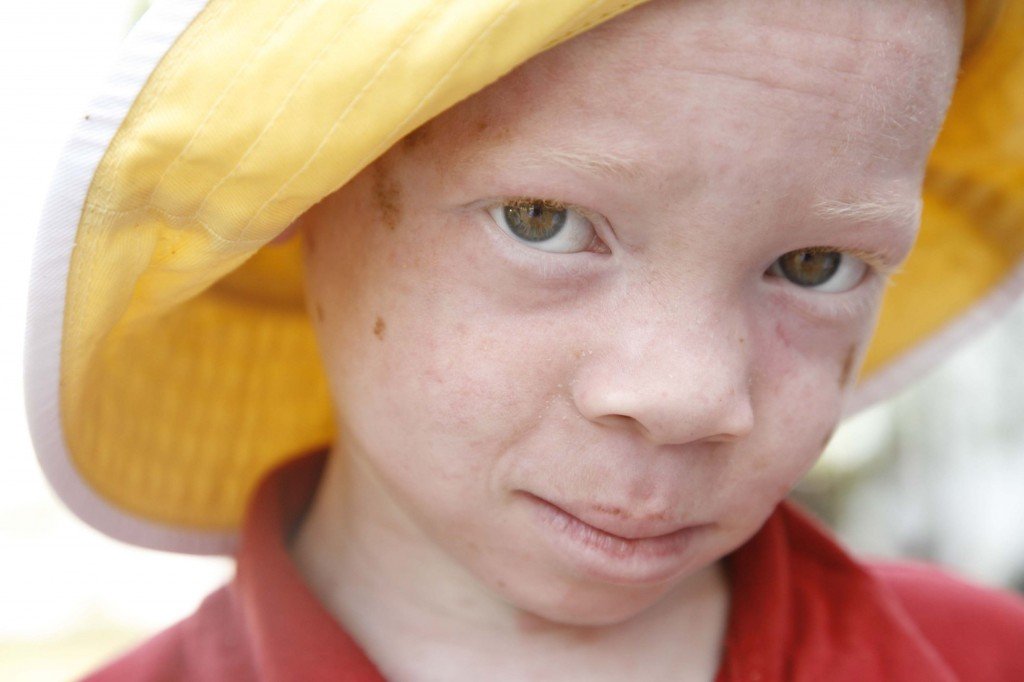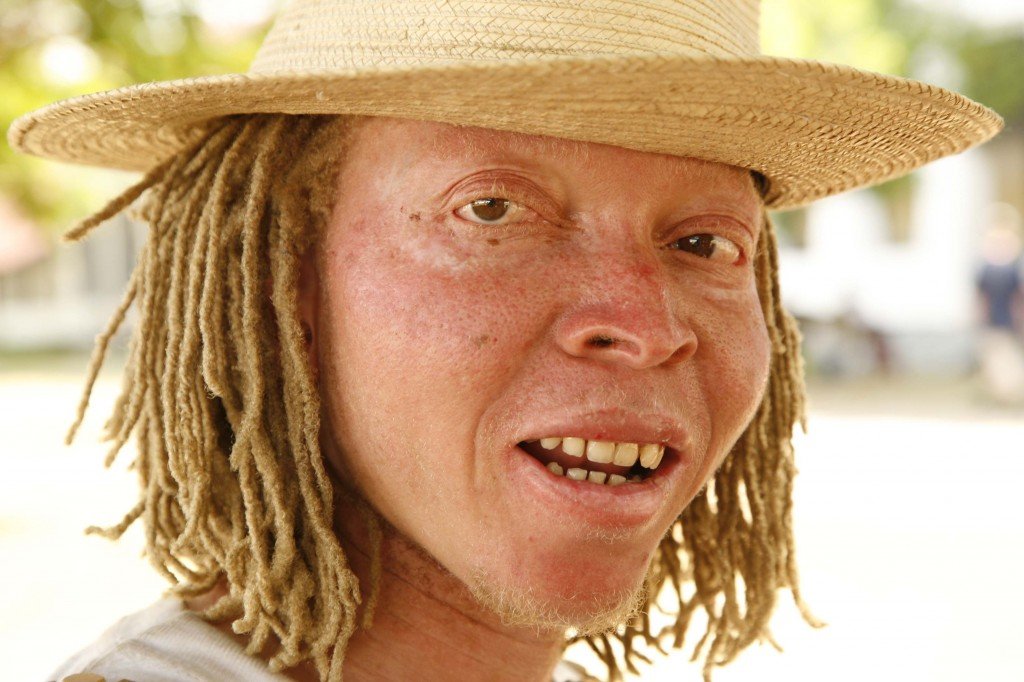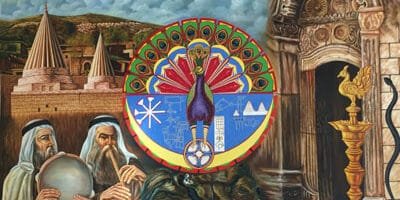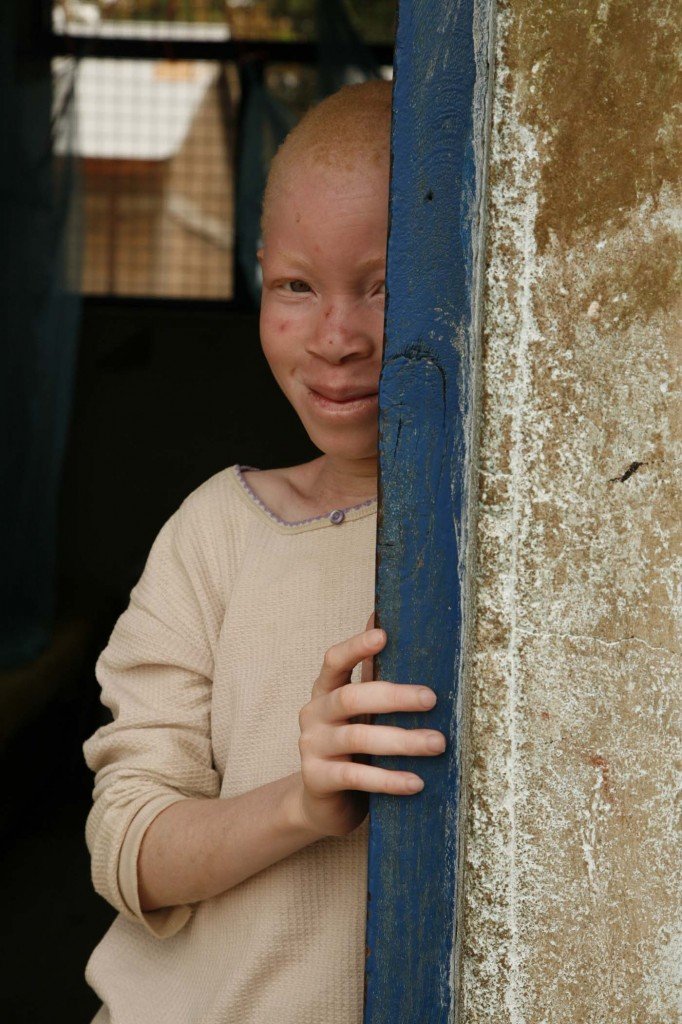Known locally as the ‘walking dead,’ people with albinism are regarded with suspicion in Tanzania. Occult beliefs in the magical properties of albino body parts – used by witchdoctors for rituals thought to bring wealth and prosperity – have given rise to a series of albino murders.
The rapidly growing trade in albino body parts, which also targets children, is lucrative. Traders can sell albino limbs on the black market for $500 to $2000. It is estimated that this trade resulted in 60-70 murders in Tanzania in 2009.
Although the Tanzanian government has pledged to crack down on the gruesome industry, it admits that action has been slow because most of the attacks happen in rural areas where police forces are understaffed. As well, failure of the court system has meant that dozens of accused people have not been tried for the murders.
Peter Ash is the founder of the Canadian NGO “Under The Same Sun,” which provides advocacy and support for albino people in Tanzania. He says that of 57 reported murders, and 6 attacks in which victims lost limbs, in the last two years, there were convictions in only 2 cases. In neighbouring Burundi there were convictions in 12 of 14 cases. Government officials have blamed the slow progress on lack of funds, but Ash is not convinced.
“We are unaware of other capital murder cases that have been stopped due to lack of funds, we’ve never heard of that happening before,” he said. “We believe that it is due more to a lack of political will.”

Tanzania has approximately 17,000 albino people. In North America and Europe, it is estimated that 1 in 20 000 people have some form of albinism. In Tanzania, it is 5 times as common, with 1 in 4000 people being affected. Most people with albinism are legally blind.
– Photographer Rick Guidotti.
Tanzanian blogger and journalist Richard Mbuthia also criticizes the Tanzanian government for letting the albino murders sit on the back burner.
“Maybe think they can using this loophole so they can ignore the killings, but the government just cannot say that. When other things that need money get money immediately,” he said.
As part of a response to the violence against albinos, Tanzanian President Jakaya Kikewete did appoint an albino woman, Al Shymaa Kway Geer, to parliament in 2008. Critics claim that while this may improve the government’s public image, it lacks substance and genuine commitment to change.
“She is not an elected MP, she exists at the pleasure of the president. We are enthusiastic that she has been appointed, but not much has really changed in terms of prosecutions of the offenders or the safety and security of people with albinism in Tanzania,” Ash said.
Superstitions associated with albinism are deeply rooted in East African culture. Murdering albinos for their body parts is based on belief in witchcraft and a perception of albinos as ghosts, not humans.
Ash thinks the weak governmental response may be due to superstition, which is so widespread that police and members of government may themselves subscribe to it.

“I’m about raising awareness through positive imagery, and empowering people with a positive sense of who they are. Helping mobilize them to become ambassadors for change themselves, changing communities at the grassroots level, and empowering them through self acceptance and self esteem.”
– Photographer Rick Guidotti speaking with author LiPing Lao about his work.
Photos courtesy of Rick Guidotti for Positive Exposure (photoexposure.org)
“We have evidence that high-ranking politicians consult witchdoctors. If the politicians and police themselves use the services of witchdoctors, it makes it hard to clamp down on the industry of albino body parts,” Ash said.
Activists for albino rights in Tanzania urge Canadians to get involved.
“Canada gives millions of dollars of foreign aid to Tanzania, and I’m glad we do because Tanzania is extremely poor. But it also means that the government of Canada has significant political clout,” Ash said. “It can contact the Tanzanian government and say look, we’re giving you millions of dollars in foreign aid and this kind of treatment against innocent citizens and children simply because of the color of their skin is unacceptable. We want to see some action in dealing with this.”
Rick Guidotti, a former fashion photographer who now takes photos of albinos to raise awareness and combat discrimination, is hopeful for change.
“It’s tough, and going to be very hard, but we have to start,” he said. “It’s a viral message; anything that is a positive message is viral. People don’t want to hate, and people don’t want to discriminate or be prejudiced. It’s cultural, and we need to change that. It’s going to be difficult, but it’s absolutely going to happen.”



